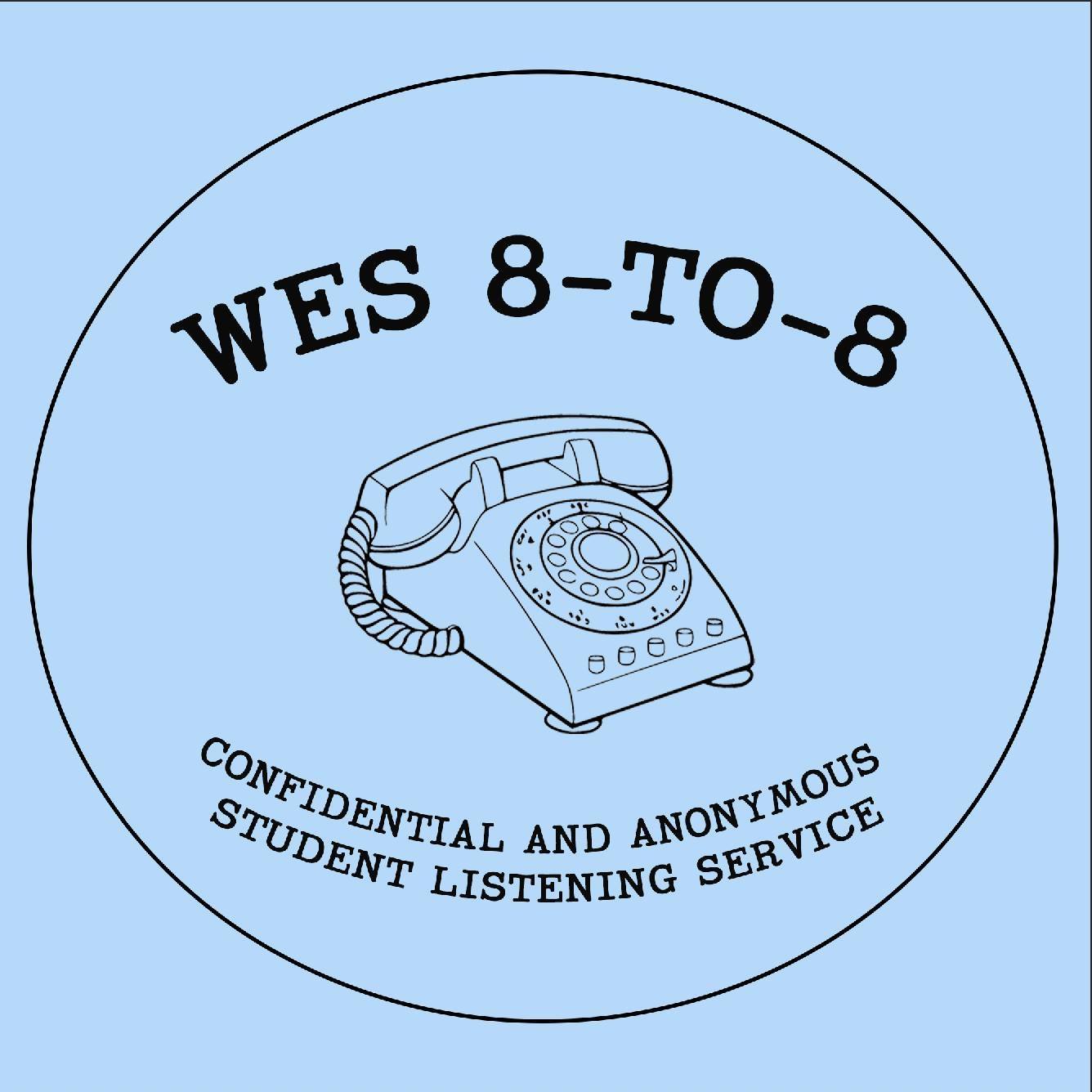
Content Warning: This article contains reference to suicide and self-harm.
The 8-to-8 Listening Service is a completely student-run mental health resource on campus, made up of student volunteers who are trained to openly listen to callers and respond to their needs. 8-to-8 has existed at the University for 44 years, and in addition to being a club, it is also a secret society of sorts.
“We don’t reveal to anyone that we are part of the service,” an anonymous member of the class of 2023 said. “The anonymity is really important because we don’t want someone to not call in because they know someone who works on the service and are nervous that someone they know might pick up. That’s not what we want. We want this to feel like it’s something that is a resource more than anything else and that the person on the other end is someone who cares about you and that’s all you need to know.”
This service has proven essential on campus. On average, around ten to fifteen people call the line each week.
There is one common misconception about 8-to-8: according to one source, the hours are not actually from 8:00pm to 8:00 am.
“There was a Yik Yak a while ago asking, ‘why is it called 8-to-8 when they always say seven to seven’ and it’s true, our hours are actually seven to seven,” the anonymous member of the class of 2023 said.
Weekly hours are announced each week on the group’s Instagram.
Even though the name might be confusing, the service has a basic premise: talk to any students in need. 8-to-8 has an open line for both chats and calls, with a different student on the line each night. They also have an office on campus, in an undisclosed location, that houses the physical phone line and a space for the person on duty to sleep.
“It’s really just that a person calls or chats and whoever is on shift listens in a non-directive way, so without giving advice,” a different anonymous member of the class of 2022 said.
Non-directive listening is at the core of 8-to-8. The phone and chat line managers strive to solely listen to the people on the other end of the line. To achieve this goal, volunteers use affirmative words and non-verbal reactions. 8-8 members avoid providing concrete advice, primarily because they are not medical professionals, despite the extensive training process that they undergo.
“[Volunteers] have to go through a variety of topics and do hours and hours of practice to make sure that no matter who you get on the phone, the experience is going to be a safe one and a comfortable one,” four-year 8-to-8 volunteer and alum Jessica Mason ’20 said. “And that we can address any topics that may come up because we really try to be as holistic as possible.”
The service aims to address topics of concern from the entire student body, including fitting in on campus, personal relationships, and issues concerning identity. However, volunteers are not equipped to handle crises because they are only students.
“We are not mandated reporters,” an anonymous member of the class of 2023 said. “We are also not a crisis hotline. And I really want to emphasize that we are not properly trained to do calls that are handling active suicide and active self-harm.”
Furthermore, volunteers don’t just help others when on the phone; they are constantly learning themselves. Members of the group reported that working on the line can be both a mentally draining and rewarding experience.
“I definitely learned a lot about myself in addition,” Mason said. “It was a great opportunity for me to introspect on how to be more empathetic and kind and bring those kinds of skills and values to my life. But also being able to still be a resource for someone, being a listening ear is super important and super valuable.”
The 8-to-8 was especially needed by callers and volunteers alike during the beginning of the COVID-19 pandemic last year, a time when many students were struggling to adjust. Call and chat rates increased and the service had to adapt quickly to the lack of access to their office. Although the service was in high demand, it was very difficult for the volunteers to run it remotely.
“The transition to [COVID-19] was definitely difficult because our phones are located physically on campus,” Mason said. “And so to be able to field calls from people who really needed us became increasingly difficult. We worked with the WSA and things like that to make sure that even at a distance, we could still be as much of a resource as we are in person.”
This year, the service has been able to move back to the office and get back to doing what they do best: being students helping students.
“We don’t have any professionals,” Mason said. “We don’t have any advisors. It’s really just students growing and building this organization as a resource to the community.”
For additional resources, please contact:
CAPS — 860-685-2910; counseling@wesleyan.edu.
Crisis Hotline — (800) 854-7771 or Text HOME to 741741
8 to 8 website with more resources — https://www.wes8to8.com/resources
Lia Franklin can be reached at lfranklin@wesleyan.edu.


Leave a Reply